c Programming A definitive method for learning the basics of the C language. 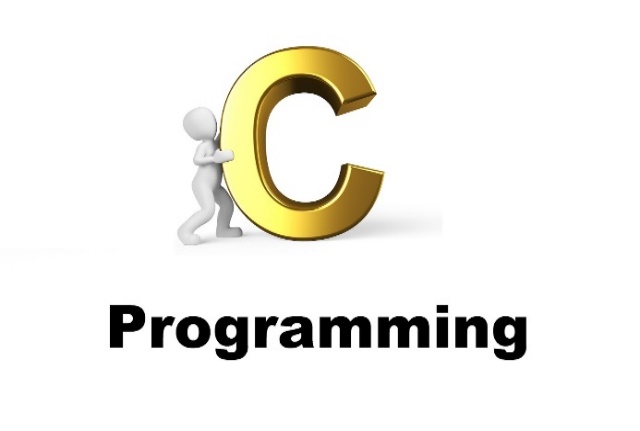 NOTE THAT: Each conceivable exertion has been made to guarantee that the data contained in this book is exact, and I advice you to note only read from this book but find out more about what you want to learn, As the wise one would say we are all in this word to learn. Am I right? OKAY If I am correct which I assume I am then how about we get right to it.
NOTE THAT: Each conceivable exertion has been made to guarantee that the data contained in this book is exact, and I advice you to note only read from this book but find out more about what you want to learn, As the wise one would say we are all in this word to learn. Am I right? OKAY If I am correct which I assume I am then how about we get right to it.
Inside Topics at a GLIMPSE
| S.No. | Chapters | Page |
| Preface Page-6, || Introduction to C. | |
| Control statements (conditions). | |
| Control statements (Looping). | |
| One dimensional Array. | |
| Multi-Dimensional Array. | |
| String (Character Array). | |
| Your Brain on Functions. | |
| Your Brain on Pointers. | |
| Structure, Union, Enum, Bit Fields, Typedef. | |
| Console Input and Output. | |
| File Handling In C. | |
| Miscellaneous Topics. | |
| Storage Class. | |
| Algorithms. | |
| Unsolved Practical Problems. | |
| PART-II-120+ Practical Code Chapter-Wise. | |
| Creating & Inserting own functions in Liberary. | |
| Graphics Programming In C. | |
| Operating System Development Intro. | |
| C Programming Guidelines. | |
| Common C Programming Errors. | |
| Live Software Development Using C. | 383-395 |
Preface : Essential C Programming Skills--Made Easy! L earn the all basics and advanced features of C programming in no time starting from zero to hero.
383-395 | Preface : Essential C Programming Skills--Made Easy! L earn the all basics and advanced features of C programming in no time starting from zero to hero.
This Book, starts with the basics; I promise this book will make you 100% professional level champion of C Programming . Anyone can learn C Programming through this book at professional level. Engineering Students and fresh developers can also use this book. In software development section I explained everything step by step . WE LEARN Easy Techniques-Explanations in Programming World Learn with Fun Style ! To use this book does not require any previous programming experience. T his Book is very serious C Programming stuff: A complete introduction to C Language.
You'll learn everything from the fundamentals to advanced topics. If you've read this book, you know what to expect a visually rich format designed for the way your brain works . If you haven't, you're in for a treat. It is no simple to Learn another dialect. You could think the issue is your brain. It appears to have its very own mind a psyche that doesn't constantly want to take in the dry, specialized stuff you're compelled to study .
The truth of the matter is your brain wants curiosity. It's continually looking, examining, hanging tight for something strange to occur. All things considered, such was life worked to assist you with remaining alive. It takes all the daily schedule, common, dull stuff and channels it to the foundation so it will not disrupt your brain's genuine work- - recording things that matter. How does your mind has at least some idea what makes a difference ? CHAPTER
(Introduction To C)
I ntroduction-
Stuff you need to know about language levels
Programming dialects have various levels, contingent upon the amount they look like human Languages. Programming dialects that utilization familiar words and are generally simple for most people to peruse and study are called significant level dialects.
Something contrary to those are low-level dialects, which are difficult to peruse or study. high-level dialects incorporate the famous BASIC programming language as well as different dialects that simply aren't that famous any more BASIC peruses practically like English, and every one of its orders and guidelines are English words or possibly English words missing a couple of vowels or seriously resisting the laws of spelling. The lowest of the low-level programming languages is machine language. That language is the actual primitive grunts and groans of the microprocessor itself. Machine language consists of numbers and codes that the microprocessor understands and executes. Therefore, no one really writes programs in machine language; rather, they use assembly language, which is one step above the low-level machine language because the grunts and groans are spelled out rather than entered as raw numbers.
Why would anyone use a low-level language when high-level languages exist? Speed! Programs written in low-level languages run as fast as the computer can run them, often many times faster than their high-level counterparts. Plus, the size of the program is smaller. A program written in Visual Basic might be 34K in size, however a similar program written in low level computing construct might be 896 bytes in length. Then again, the time it takes to foster a low level computing construct program is significantly longer than it would take to compose a similar program in a more elevated level language. It's a compromise. The C programming language is considered a mid-level language.
It has parts that are low-level grunting and squawking, and also many high-level parts that read like any sentence in a Michael Crichton novel, but with more character development. In C, you get the best of the high-level programming languages and the speed of development they offer and you also get the compact program size and speed of a lowlevel language. Thats why C is so bitchen. Note: No, Im not being flip. C was developed at AT&T Bell Labs in the early 197072s. At the time, Bell Labs had a programming language named B --B for Bell.
The next language they created was C - one up on B.  C is the offspring of both the B programming language and a language named BCPL, which stood for Basic Combined Programming Language. But you have to admit that the B story is cute enough by itself.
C is the offspring of both the B programming language and a language named BCPL, which stood for Basic Combined Programming Language. But you have to admit that the B story is cute enough by itself.  You would think that the next, better version of C would be called the D language. But, no; its named C++.
You would think that the next, better version of C would be called the D language. But, no; its named C++.  C is considered a mid-level language.
C is considered a mid-level language.
See the nearby sidebar, Stuff you dont need to know about language levels, for the boring details.  The guy who created the C programming language at Bell Labs is Dennis Ritchie. I mention him in case youre ever walking on the street and you happen to bump into Mr. Ritchie. In that case, you can say Hey, arent you Dennis Ritchie, the guy who invented C? And hell say Why why, yes I am.
The guy who created the C programming language at Bell Labs is Dennis Ritchie. I mention him in case youre ever walking on the street and you happen to bump into Mr. Ritchie. In that case, you can say Hey, arent you Dennis Ritchie, the guy who invented C? And hell say Why why, yes I am.

History of C -
C programming language is perhaps the most popular programming language.

History of C -

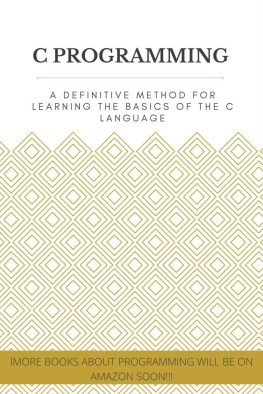
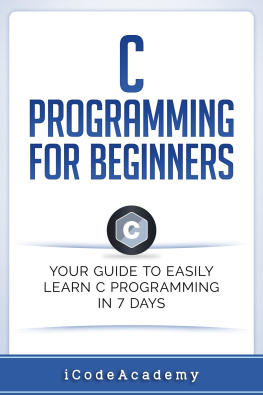
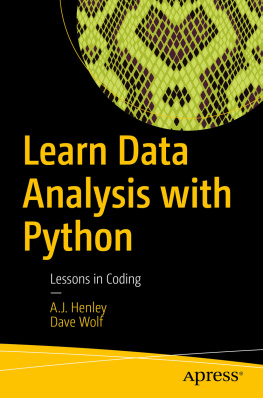
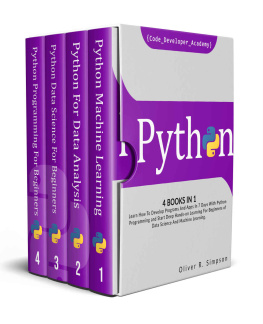

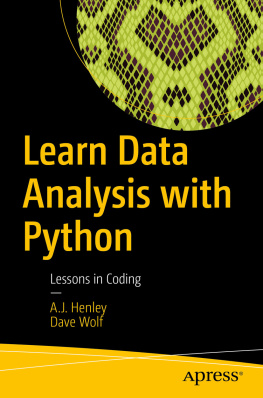
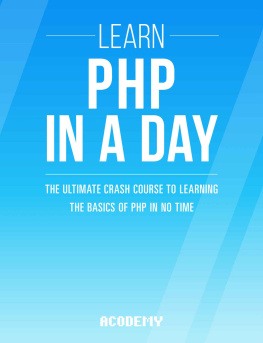
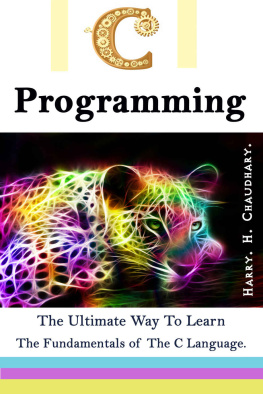
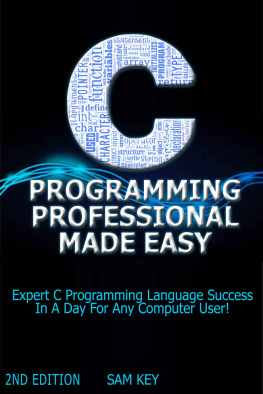
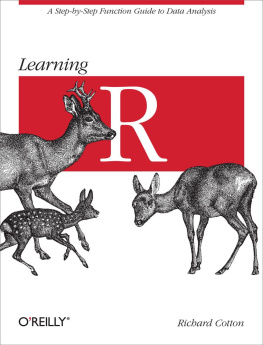

 NOTE THAT: Each conceivable exertion has been made to guarantee that the data contained in this book is exact, and I advice you to note only read from this book but find out more about what you want to learn, As the wise one would say we are all in this word to learn. Am I right? OKAY If I am correct which I assume I am then how about we get right to it.
NOTE THAT: Each conceivable exertion has been made to guarantee that the data contained in this book is exact, and I advice you to note only read from this book but find out more about what you want to learn, As the wise one would say we are all in this word to learn. Am I right? OKAY If I am correct which I assume I am then how about we get right to it. C is the offspring of both the B programming language and a language named BCPL, which stood for Basic Combined Programming Language. But you have to admit that the B story is cute enough by itself.
C is the offspring of both the B programming language and a language named BCPL, which stood for Basic Combined Programming Language. But you have to admit that the B story is cute enough by itself.